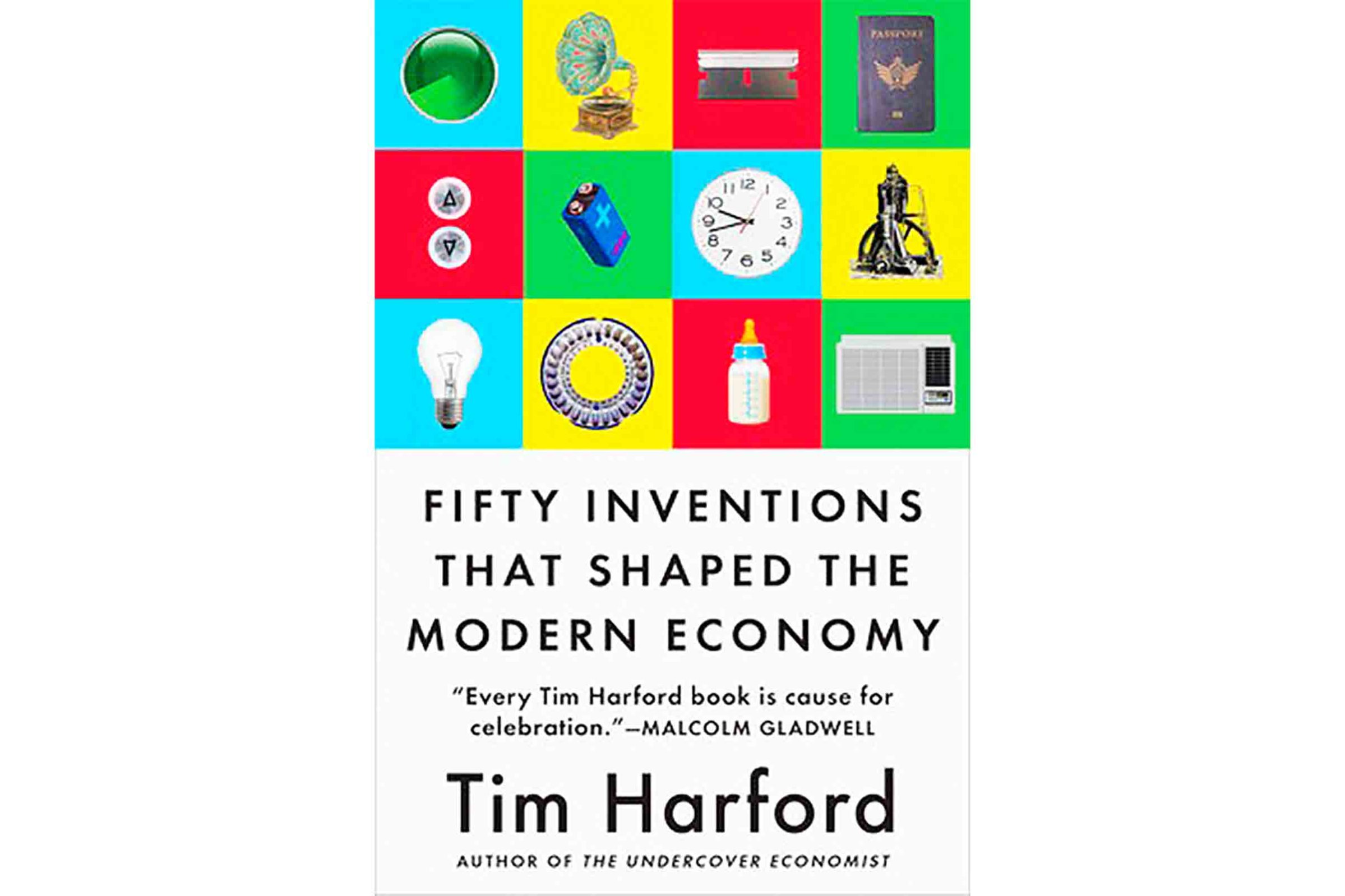
When it comes to inventions that changed the world, most history books cite the usual suspects–including clocks, paper and the lightbulb. But Tim Harford’s Fifty Inventions That Shaped the Modern Economy shines a spotlight on objects of less renown.
Take barbed wire, which allowed settlers to delineate (and therefore cultivate) property on the American prairie in a way that would have been cost-prohibitive with wooden fencing. Or the replaceable razor blade, which introduced the two-part pricing model–pay now for the razor and later for more blades–that was eventually used with printers and ink cartridges, espresso machines and coffee pods, and more.
Or Ikea’s Billy bookcase, which helped bridge the gap between “cheap to produce” and “aesthetically acceptable.” The Billy, Harford explains, “is a symbol of how innovation in the modern economy isn’t just about snazzy new technologies, but also boringly efficient systems.”
More Must-Reads From TIME
- The 100 Most Influential People of 2024
- Coco Gauff Is Playing for Herself Now
- Scenes From Pro-Palestinian Encampments Across U.S. Universities
- 6 Compliments That Land Every Time
- If You're Dating Right Now , You're Brave: Column
- The AI That Could Heal a Divided Internet
- Fallout Is a Brilliant Model for the Future of Video Game Adaptations
- Want Weekly Recs on What to Watch, Read, and More? Sign Up for Worth Your Time
Contact us at letters@time.com